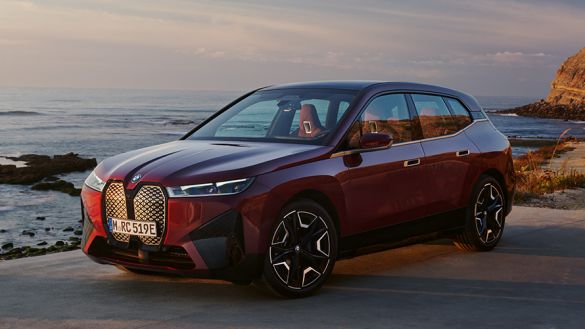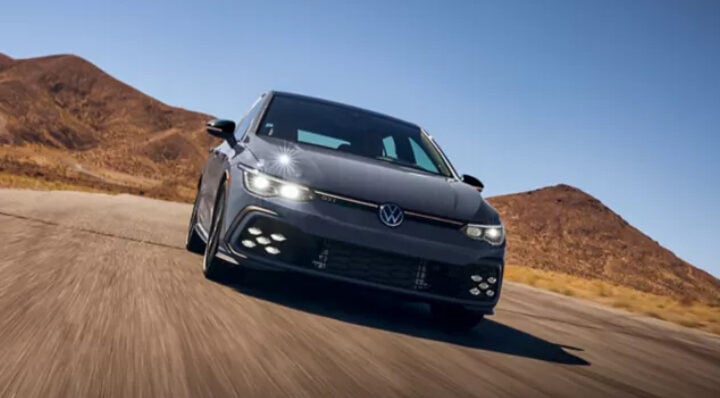As global car manufacturers steer their strategy towards electric vehicles (EVs), German luxury automaker BMW has revealed plans to embrace this transformation within India, a key emerging market. The growing popularity of its electric line-up in the subcontinent has inspired the Munich-based automotive giant to commence local production of its EVs, making a statement about the potential of the Indian EV market. With the burgeoning demand for electric mobility in India, the company’s EV sales accounted for a robust 9% of its total sales in the first half of 2023. However, this is just the tip of the iceberg as BMW’s Indian leadership forecasts this to soar to a remarkable 25% by 2025.
Vikram Pawah, BMW Group India President, in a recent interaction, delved into the company’s plans, highlighting the link between sales volume and technology stability. He affirmed that as EV demand swells, BMW would be initiating the localisation and production of these vehicles. It’s a carefully balanced approach, factoring in both the momentum of sales and the maturity of EV technology. BMW’s optimism isn’t ungrounded. Despite selling just over 500 EVs in the first half of 2023, including models like the i7, iX, i4, and MINI SE, there’s a clear uptrend. Additionally, the company has been leading the charge in EV technology development since 2013, currently perfecting its fifth-generation batteries.
Even though EV sales presently contribute only 8-9% to BMW’s total sales in India, the future, as seen through Pawah’s eyes, seems electric. He speculates that EVs could soon account for around 15% of the company’s sales next year, potentially shooting up to 20-25% by 2025. In the first half of 2023 alone, BMW successfully sold 5,867 luxury cars, a mix of BMW and MINI brands, on Indian soil. As the company plans to launch more EVs from its global lineup in India, the percentage of EVs in total sales is anticipated to escalate further.
Similar Post
That said, the path ahead for BMW is not without challenges. The primary among them being the need for a stable technological framework and favorable policies to support local manufacturing. It is a dynamic space and the success of their strategy will significantly depend on how the EV market evolves in India. BMW’s decision to localize production of its EVs is a testimony to the company’s confidence in India’s market and its transition towards green mobility. This plan, coupled with the company’s cutting-edge technology and the Indian government’s pro-EV policies, may well make BMW’s electric dream a reality. The electric revolution is gaining speed and global automotive powerhouses like BMW, with their ambitious plans, are poised to lead this charge.
















